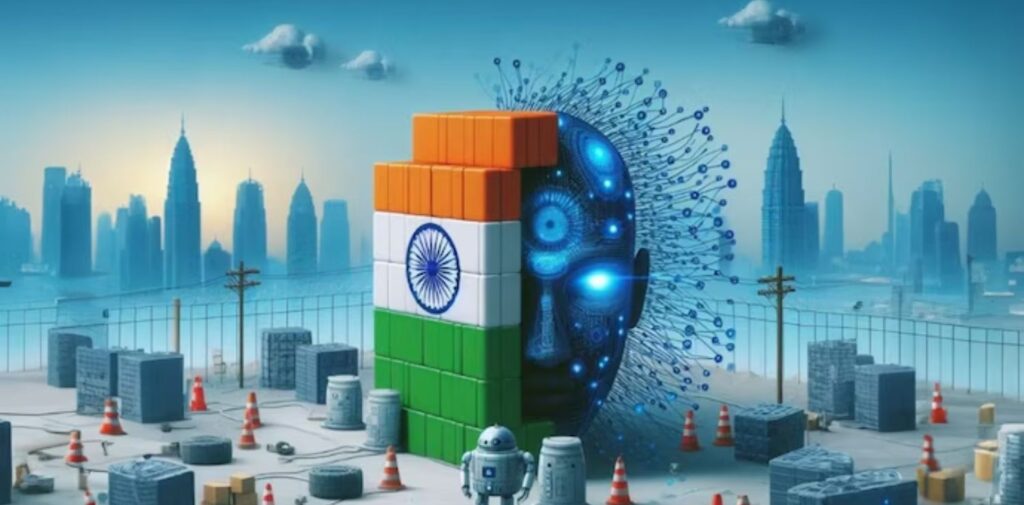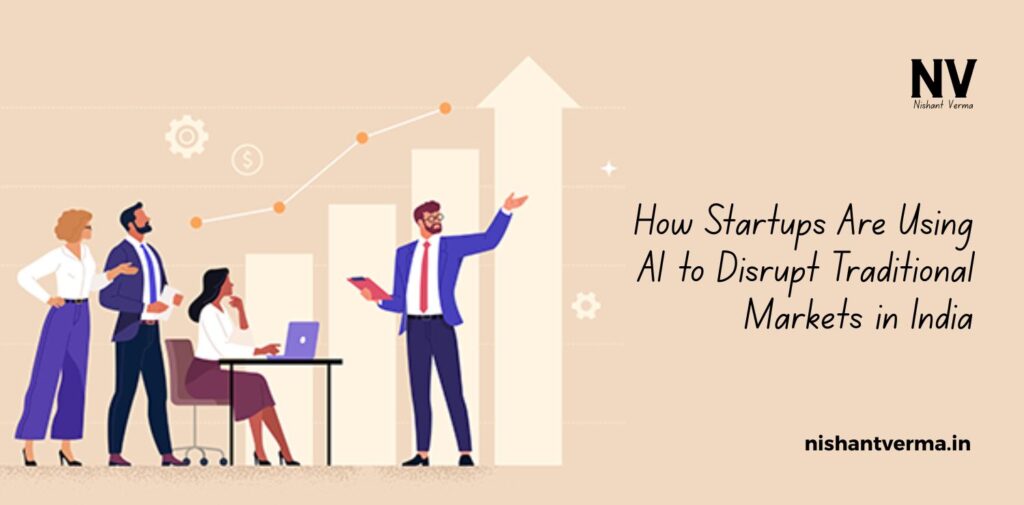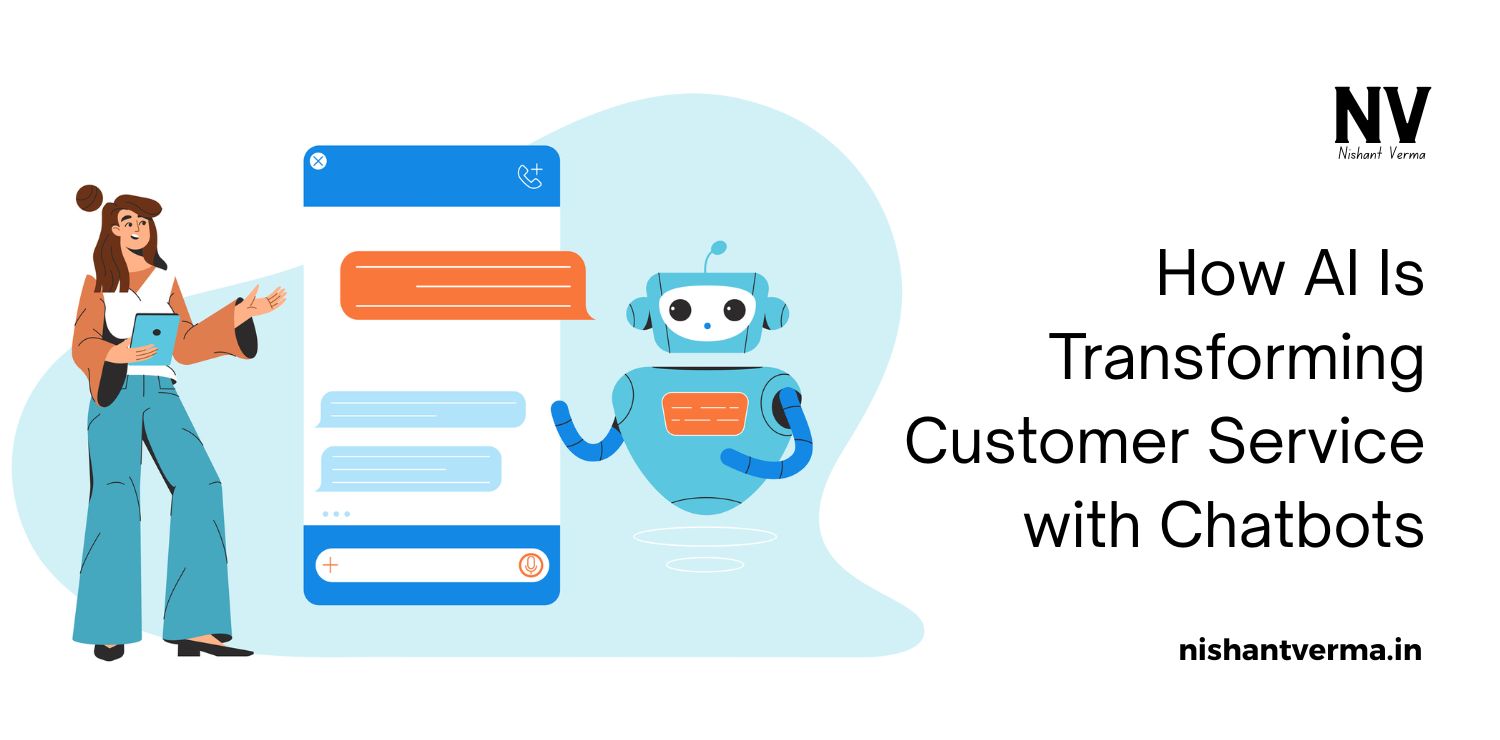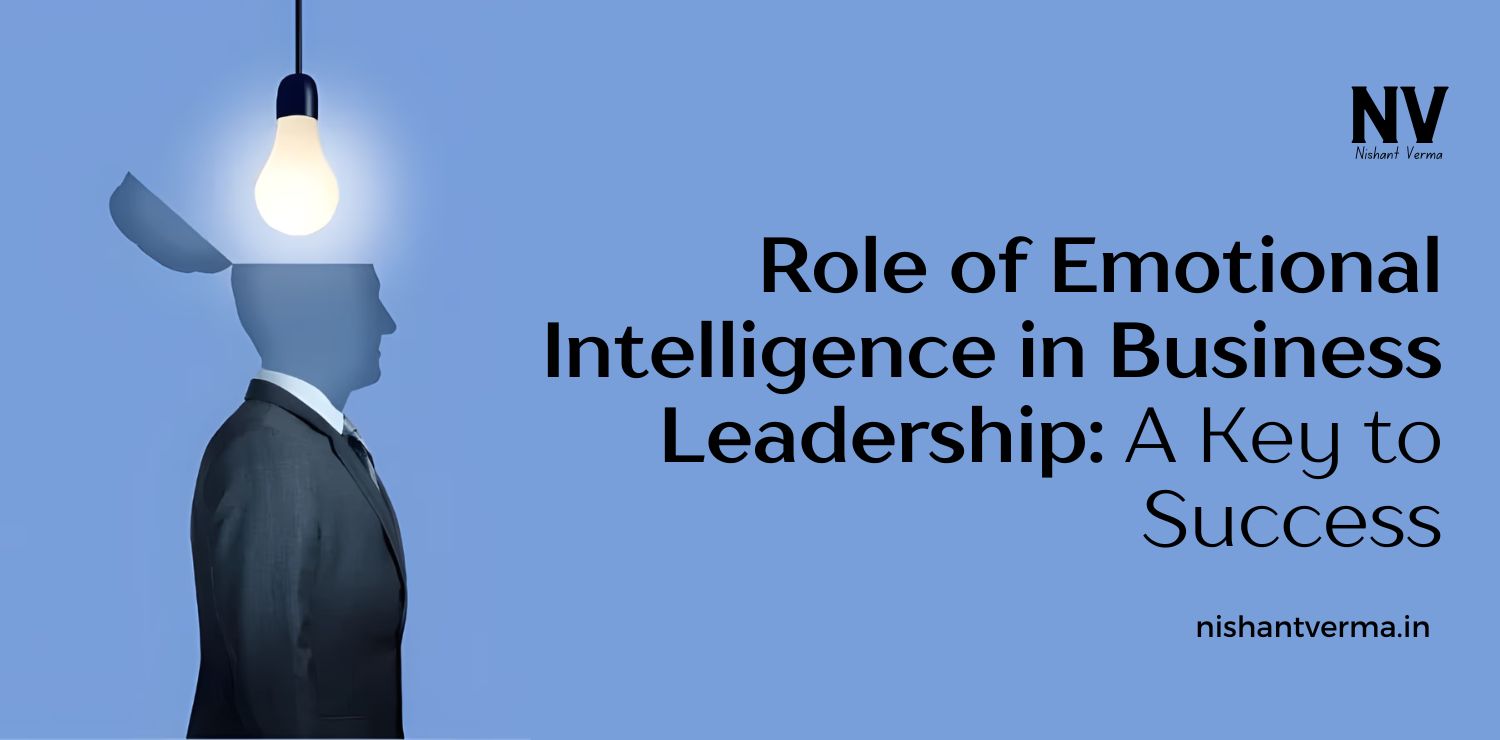Artificial Intelligence (AI) is no longer a distant technology seen only in science fiction. It’s now a powerful tool that startups across India are using to disrupt traditional markets. From agriculture to healthcare, finance, retail, and transportation, AI is reshaping industries by providing solutions that are faster, smarter, and more efficient. In this article, we will explore how startups in India are embracing AI to transform conventional sectors and create a more dynamic market landscape.

AI Revolutionizing Agriculture: A Smart Approach to Farming
Agriculture is the backbone of India’s economy, but it’s also one of the sectors that face the most challenges. Farmers often struggle with low productivity, unpredictable weather conditions, and inefficient use of resources. AI-driven solutions are helping to solve these issues by offering smarter ways to manage crops, soil, and irrigation systems.
Startups like AgNext and CropIn are leveraging AI to assist farmers in making informed decisions. AgNext uses AI to analyze crop health, predict diseases, and recommend the right pesticides, improving yield and reducing waste. CropIn, on the other hand, uses AI to monitor farm conditions and guide farmers on the best practices to increase productivity. By offering AI-powered insights, these startups are making agriculture more profitable and sustainable.
Moreover, AI is also playing a role in precision farming, where AI algorithms process data from sensors and satellites to guide farmers on how to optimize the use of water, fertilizers, and other resources. This not only helps improve crop production but also minimizes environmental harm, leading to more eco-friendly farming practices.
Transforming Healthcare with AI: A Better Tomorrow for Patients
The healthcare industry in India is often burdened by inefficiency and a lack of accessibility, especially in rural areas. Startups are using AI to bridge these gaps and bring about a major transformation in healthcare delivery.
AI-powered solutions like Niramai and Sigtuple are changing the way medical diagnoses are made. Niramai uses AI to detect breast cancer in its early stages, using thermal images to analyze and predict possible risks. Sigtuple, on the other hand, uses AI to automate the analysis of medical data, such as blood samples and scans, making it easier for doctors to diagnose diseases faster and more accurately.
These AI-driven startups are helping doctors and healthcare professionals provide better and more efficient care to patients, especially in remote areas where access to healthcare resources is limited. Moreover, AI-powered chatbots are also emerging in the healthcare sector to provide basic consultation, prescription advice, and guidance on managing chronic conditions, making healthcare more accessible to everyone.

AI in Finance: The Future of Banking and Investment
The finance industry in India has also seen a significant shift with the introduction of AI. Traditional banking and financial services, such as lending, insurance, and investment management, have always been bureaucratic and slow, but AI is changing that by automating many processes, reducing human error, and offering personalized financial advice.
Startups like ZestMoney and MoneyTap are using AI to offer easy access to credit, enabling users to get personal loans without the need for a credit score. ZestMoney uses AI to assess the creditworthiness of potential borrowers by analyzing their financial behavior and transaction history, offering a more flexible and inclusive approach to lending.
In the field of wealth management, AI-powered platforms like Upstox and Groww are helping individuals manage their investments more effectively. These platforms use AI to provide personalized investment recommendations based on the user’s financial goals and risk tolerance, making investing simpler and more accessible for everyone.
AI in Retail: Changing the Shopping Experience
The retail industry is one of the most rapidly evolving sectors in India, and AI is playing a key role in this transformation. Traditional brick-and-mortar stores are now competing with e-commerce giants like Amazon and Flipkart, which use AI to personalize customer experiences, optimize inventory, and offer targeted promotions.
Startups like Fynd and Lenskart are using AI to enhance the shopping experience in both physical stores and online platforms. Fynd, for instance, uses AI to analyze customer preferences and recommend products that align with their tastes and buying history. Lenskart, which is a leading eyewear retailer, uses AI-powered tools to provide virtual try-ons and personalized recommendations, allowing customers to make more informed purchase decisions.
AI is also enabling retailers to improve their supply chains and inventory management systems. By analyzing customer behavior and sales data, AI tools help businesses predict which products will be in high demand, ensuring they stock the right products at the right time. This leads to better customer satisfaction and reduced operational costs.
AI in Transportation and Logistics: Making Travel Smarter
The transportation and logistics sectors in India are vast and often face challenges such as traffic congestion, poor infrastructure, and inefficient supply chains. Startups are using AI to streamline operations, reduce costs, and enhance the customer experience in these industries.
One notable example is Rivigo, a logistics startup that uses AI to optimize its supply chain operations. The company uses AI to track vehicles, analyze traffic patterns, and improve delivery times. By incorporating AI into its logistics model, Rivigo has managed to cut delivery times by 30%, resulting in faster and more reliable services for its customers.
Similarly, the ride-hailing industry, with companies like Ola and Uber, is using AI to optimize routes, predict demand, and improve driver performance. AI algorithms analyze traffic conditions, passenger demand, and historical data to ensure that riders get the fastest and most efficient routes, while drivers can maximize their earnings by being matched with the right trips.

Challenges and the Future of AI in Indian Startups
While the potential of AI to disrupt traditional markets in India is immense, there are several challenges that startups must overcome. One major challenge is the lack of skilled talent in AI and machine learning. Although the country produces a large number of engineers, there is a need for specialized talent to develop and implement AI technologies.
Another challenge is the lack of infrastructure, especially in rural areas, where internet connectivity and access to data are limited. This can make it difficult for AI solutions to reach the most underserved populations.
Despite these challenges, the future of AI in Indian startups looks promising. As AI technology continues to evolve, it’s likely that more sectors will adopt AI-driven solutions to improve efficiency, reduce costs, and enhance customer experiences. The Indian government has also recognized the importance of AI and is taking steps to foster innovation in this space through initiatives like the National AI Strategy and Atal Innovation Mission, which support AI startups and research.
Conclusion: The Role of AI in Shaping the Future of India’s Economy
AI is revolutionizing industries in India, providing startups with the tools they need to challenge traditional business models and create innovative solutions. From agriculture to healthcare, finance, retail, and transportation, AI is offering smarter, more efficient ways to address problems and improve outcomes.
As startups continue to leverage AI to disrupt traditional markets, they are not just improving their own businesses but are also contributing to the overall growth of the Indian economy. The widespread adoption of AI technologies will help drive India’s digital transformation, create new job opportunities, and pave the way for a more inclusive and sustainable future.
In the years to come, AI will undoubtedly play an even larger role in shaping the way businesses operate, and Indian startups will continue to be at the forefront of this change. As technology evolves, the possibilities for innovation and growth are limitless, and AI will be the driving force behind much of this transformation.




